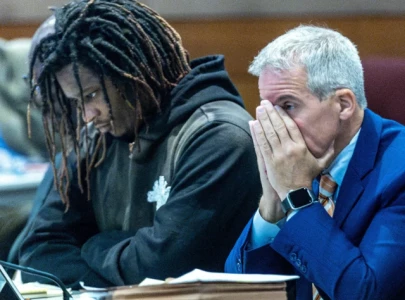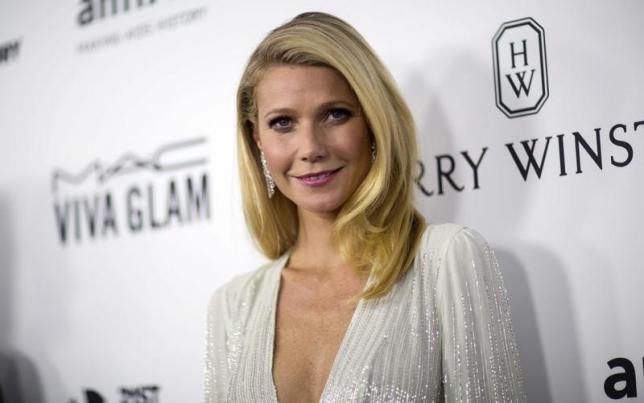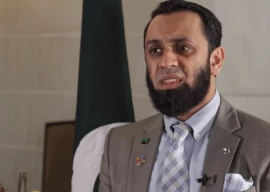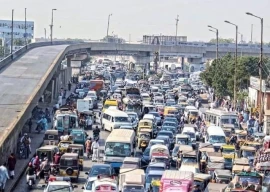
In fact, many more must have starved to death as fodder is scant in inundated areas where water is still standing and grasses have no dry land to grow on. Count those sold away cheap to butchers by displaced farmers in Punjab, Sindh and Khyber-Pakhtunkhwa, and those uncounted carried away in the deluge. A more than 25 per cent shortage in availability of the animals this Eid compared to the last is a well nigh possibility.
The sharp rise in meat prices already reflects this loss. And if it is any measure, closer home butchers are open only in the main Aabpara and Karachi Company bazaars selling mutton at Rs450 to Rs480 per kg, while in the smaller meat shops of Faisal and Rana markets of F-7 you find the shutters down, indicating prospects of a skinny Eid this year.
But, ironically, thanks to the unprecedented all round inflation, more people are going to eat meat this time than for some years, since no cheaper choice is available to them. The poor must eat what the rich are eating. This pleasurable possibility has been forced upon them as pulses and vegetables, their normal belly filling grub, together with atta (flour), sugar and ghee, are as dear and meat is now an attractive and approachable option. Why eat daal roti or kaddu curry when more nutritious beef or chicken can be put on the family table for little additional cost. This has not happened in the carnivorous history of the nation before, the poor being forced to eat rich.
For a number of years the customary distribution of sacrificial meat among neighbours, relatives and the poor has virtually gone out of the tradition. Those who have the means to observe the ritual, dump their’s, their relatives’ and the poor peoples’ share in the freezer, to keep the family’s diet supplemented with required allowance of proteins for a couple of months. Now for days, and sometimes weeks after Eid, butchers do not return to their shops because people would be eating out of their refrigerators.
There has been a noticeable decline in the ritual of sacrifice due to social awakening in society and quite a few people think that donating money for social causes and the larger good of the poor is better than slaughtering animals which is mostly wasteful, reduces livestock, increases costs annually, putting meat out of reach of more and more people every year.
Perhaps following this line of thought some charity organisations are offering to perform Qurbani on one’s behalf at a fixed rate per share in the cow or per goat. What actually happens is that the money is used for other more essential social needs of the poor, and the ritual is not performed as promised but probably a ‘virtual Qurbani’ is offered with the prayer to credit the sawab in the donor’s account. Now that some religious groups and a political party, which has been running its show partly on collections from sacrificial hides in the past, has also launched their own ‘virtual Qurbani’ projects, the practice has been provided the necessary religious sanction for its promotion. Since the Ulema also have not objected, it is presumed to be largely acceptable. If the system catches on, as it seems to be, given public confidence in charity organizations like Maulana Abdus Sattar Edhi’s, it may indeed result in reducing the annual mass depletion of livestock, stabilising meat prices in the country and producing surpluses for export.
Published in The Express Tribune, November 17th, 2010.




1729137363-0/Liam-Payne-fans-(1)1729137363-0-165x106.webp)












COMMENTS
Comments are moderated and generally will be posted if they are on-topic and not abusive.
For more information, please see our Comments FAQ